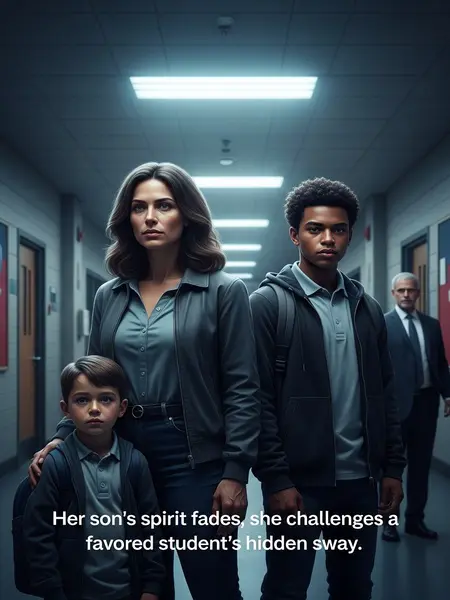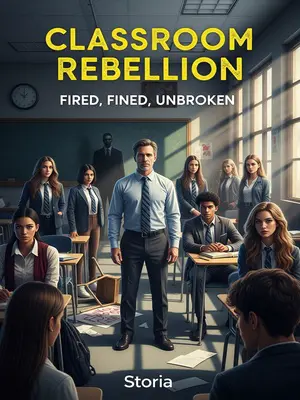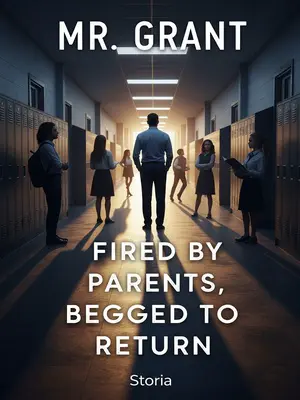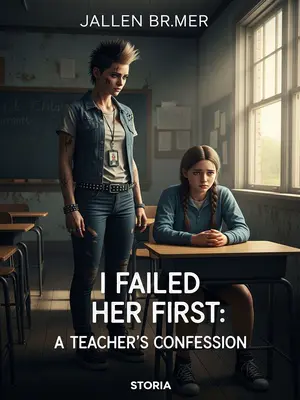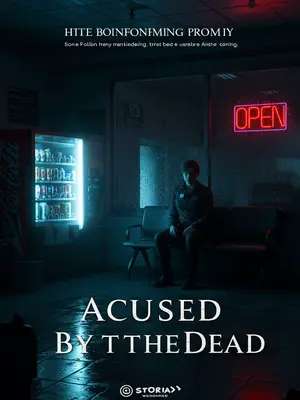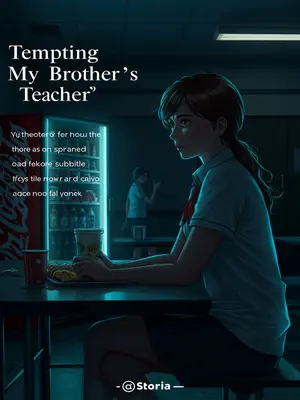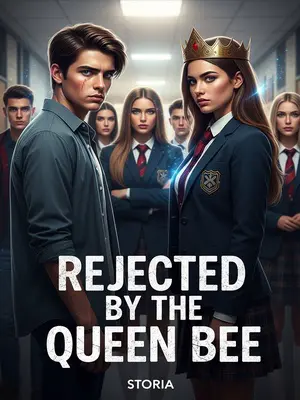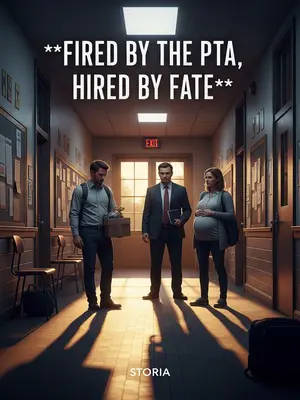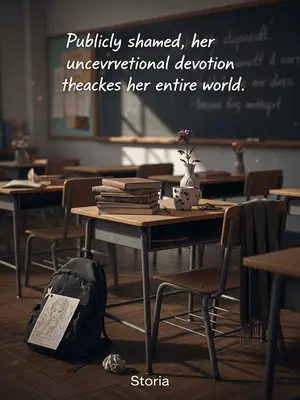Chapter 1: The Note That Changed Everything
I found a note in my eight-year-old son’s pocket. It read: "Bring ten dollars every day. If you’re even one dollar short, I’ll beat you up."
I snapped a photo and sent it to the teacher, but he replied that it was just kids fooling around.
I didn’t argue. My fingers hovered over the keyboard, itching to type something angrier. But I swallowed it down. For now.
Instead, I sent ten dollars to the parent of the note’s owner through the class Facebook Messenger group: "We don’t keep cash at home, so I’ve paid the money for your kid. If your son still needs money, maybe you could apply for group donations."
The moment I saw the note, my hands started to shake.
A cold current ran through me, icy with old memories—the kind that lodge themselves in the bones, the kind you try not to let show on your face. It was as if the past was suddenly crowding in, bringing back the sting of old schoolyard humiliations I’d thought I’d long outgrown. My pulse pounded in my ears; even the air in our living room tasted different, thick and metallic, tinged with the bitterness of helplessness.
The paper was soft from being folded and unfolded, the ink pressed deep, like whoever wrote it wanted the threat to last.
I opened the window, letting the crisp air wash over me, trying my best to calm down.
The chill on my skin reminded me of a playground corner decades ago, when I learned to hide my lunch money in my sock.
A gust of early spring wind rattled the blinds, carrying in a whiff of cut grass and the distant sound of someone starting up a mower down the block. I gripped the windowsill, let the breeze cool my face, and tried to count backward from ten, just like my therapist once taught me.
My son was in the study. Every Saturday morning, he gets up early to read his English books.
The old house was quiet except for the faint sound of pages turning, and the distant rumble of a delivery truck out front. Every so often, I heard him muttering vocabulary words under his breath, earnest and focused in his little corner.
I put away the note and quietly tossed his dirty school clothes into the washing machine.
The fabric was stiff with playground dust and smelled faintly of cafeteria pizza. I sorted through the pockets, pulling out a half-chewed pencil and a rubber band, and let the washer hum to life, the thrum settling my nerves just a little.
At ten o’clock, my son came out of the study.
He was wearing his green dinosaur pajamas, hopping and skipping as he asked if he could go to the amusement park that afternoon.
He bounded into the living room, the tail of his pajamas swishing behind him, his hair sticking up in every direction like he’d just survived a wind tunnel. His energy filled the whole space; for a moment, I almost forgot the note in my pocket.
I looked at my son gently.
He seemed just like always.
He caught my eye with a crooked grin, dimples flashing, as if nothing in the world could possibly go wrong on a sunny Saturday.
"Can you tell Mom what’s been happening at school?"
I grabbed the tail on his dinosaur pajamas, stopping him from doing somersaults on the couch. "Mom’s been so busy lately and hasn’t paid enough attention to you. I hope you can forgive me."
He flopped onto the sofa, sprawling out like a starfish, his feet kicking the air. For a second, he just stared at me, a crease forming between his eyebrows.
My son stopped, looking at me, puzzled.
His lips formed a small O of surprise, the kind that always makes me want to laugh and hug him at the same time.
I patted his head. "Have you had any conflicts with classmates at school? If so, did you work them out?"
His curls bounced as I ruffled them. The question seemed to weigh on him. He fiddled with the drawstring on his pajama bottoms, eyes darting away.
The little one in front of me suddenly grew uneasy.
He pulled his knees to his chest, hugging them tightly, a sign I’d learned meant he was trying to make himself small.
"Mom..."
He answered in a low voice, "No, Mom. Nobody’s mad at me or anything."
He picked at a loose thread on his pajama sleeve, eyes glued to the carpet.
I affirmed his kindness, then asked, "Has anyone bullied you at school?"
I made sure my tone was gentle, not accusing, hoping he’d hear the invitation in my voice, not the fear.
My son froze. He slowly moved closer to me, lowered his head, and said nothing.
He tucked his face into my shoulder, breathing shallowly, and the silence between us grew thick, heavy with things unsaid.
Sometimes, silence is its own answer.
I wrapped my arm around his small shoulders, pulling him close, letting him know it was safe to just be quiet with me.
When the time felt right, I took out that crumpled little note and showed it to him. "Can you explain this to Mom?"
I unfolded it slowly, smoothing the wrinkles, and placed it in his lap. He stared at it, tracing the ink with his finger, not meeting my eyes.
"I..."
My son hesitated, searching for words.
He chewed his lip, blinking fast, like he was trying to keep the words from leaking out.
"Mom wants to hear the truth."
I held his cold little hand, slowly warming it. "Do you remember when you accidentally broke Mom’s laptop?"
I cupped his hand in mine, feeling the tension melt just a little under my touch, and tried to anchor us both to a memory we’d already weathered together.
He nodded.
That was the day before his seventh birthday. While tidying up his desk, he accidentally knocked over a cup of hot chocolate. The drink spilled onto my laptop, and by the time he hurriedly picked it up, the screen had already gone dark and never turned on again.
The kitchen was filled with the scent of cocoa, and he was trembling, clutching a napkin, his eyes huge with worry. I remembered kneeling beside him, reassuring him that accidents happened, even though a small part of me wanted to scream about the lost files.
"Back then, you were so worried it would affect Mom’s work. You cried and panicked, but you still told me honestly right away. Then we went to the repair shop together, and the technician fixed the computer, didn’t he?"
I squeezed his fingers. "You remember how proud I was that you told the truth? How we figured it out together, and you got a chocolate milkshake from the diner afterward?"
I patiently guided him. "So, sometimes the things you think are hard to solve, or things you think will make Mom upset if you tell her, might not actually be so bad. As long as you tell Mom in time, we can solve the problem together."
I brushed a stray curl away from his forehead and waited, hoping he’d take the leap.
My son looked up at me, his big eyes shimmering with tears.
"Mom, I’m scared."
He buried his face in my shoulder, shoulders shaking, the tears coming hard now, hot and urgent. I rubbed his back, slow and steady, just letting him get it out.
Choking back sobs, he told me everything that had happened, one thing after another.
It was more or less as I expected.
Each word was a small stone dropping between us—names, threats, demands, the feeling of being invisible at recess. The story tumbled out, uneven and raw, but it was finally out in the open.
My son is a bit shy, doesn’t have many friends at school, and his grades at the end of second grade were just average. Maybe his quiet personality and unremarkable performance made him, in some classmates’ eyes, someone "easy to pick on."
I remembered all the times I’d seen him standing alone at pickup, kicking gravel while the other boys shouted over each other about soccer or trading Pokémon cards.
"Besides asking you for money, did they do anything else to you?"
My son hesitated. "Yeah, they called me stupid."
He wiped his nose with the back of his hand, face red, as if ashamed to even say it aloud.
My jaw clenched so tight I thought my teeth might crack. I wanted to find every kid who’d ever made him feel small.
"Mom..."
Big tears rolled down his cheeks. "The boy who led the name-calling is the second-best in the class. The teacher always tells us to learn from him and says he’s a role model. If a role model says something, everyone thinks it’s right, don’t they?"
He looked at me, searching for answers, as if hoping I’d tell him there was a way to make it stop just by being good enough.
